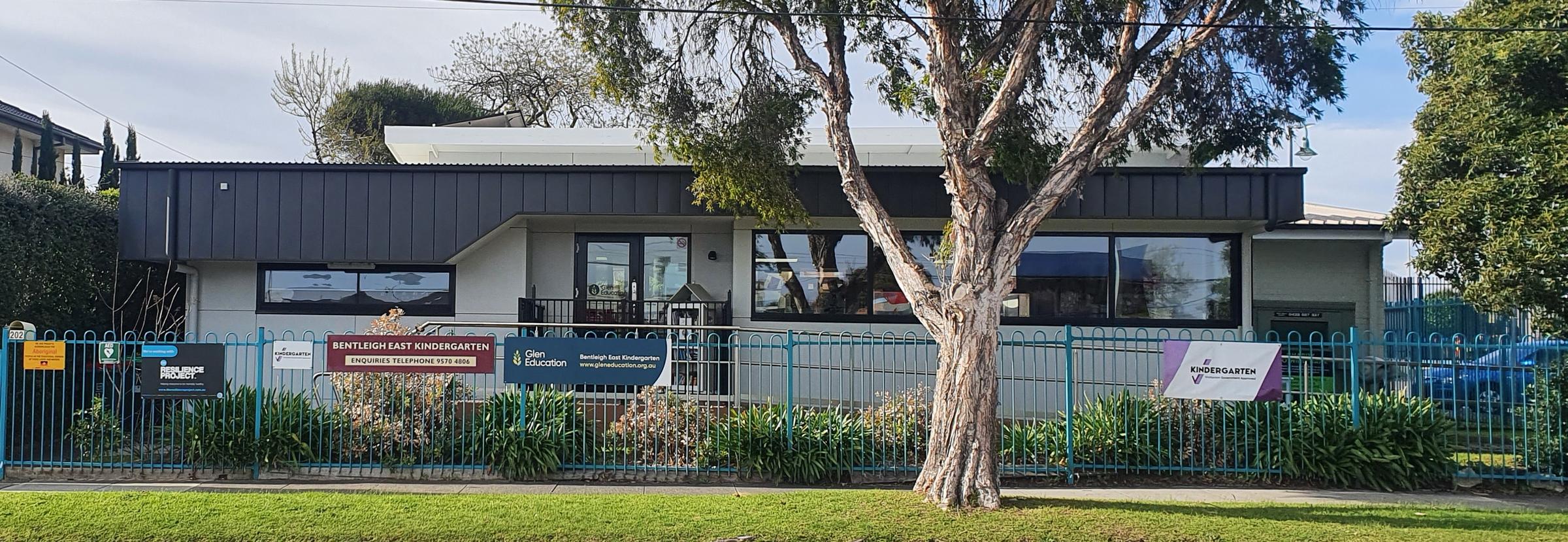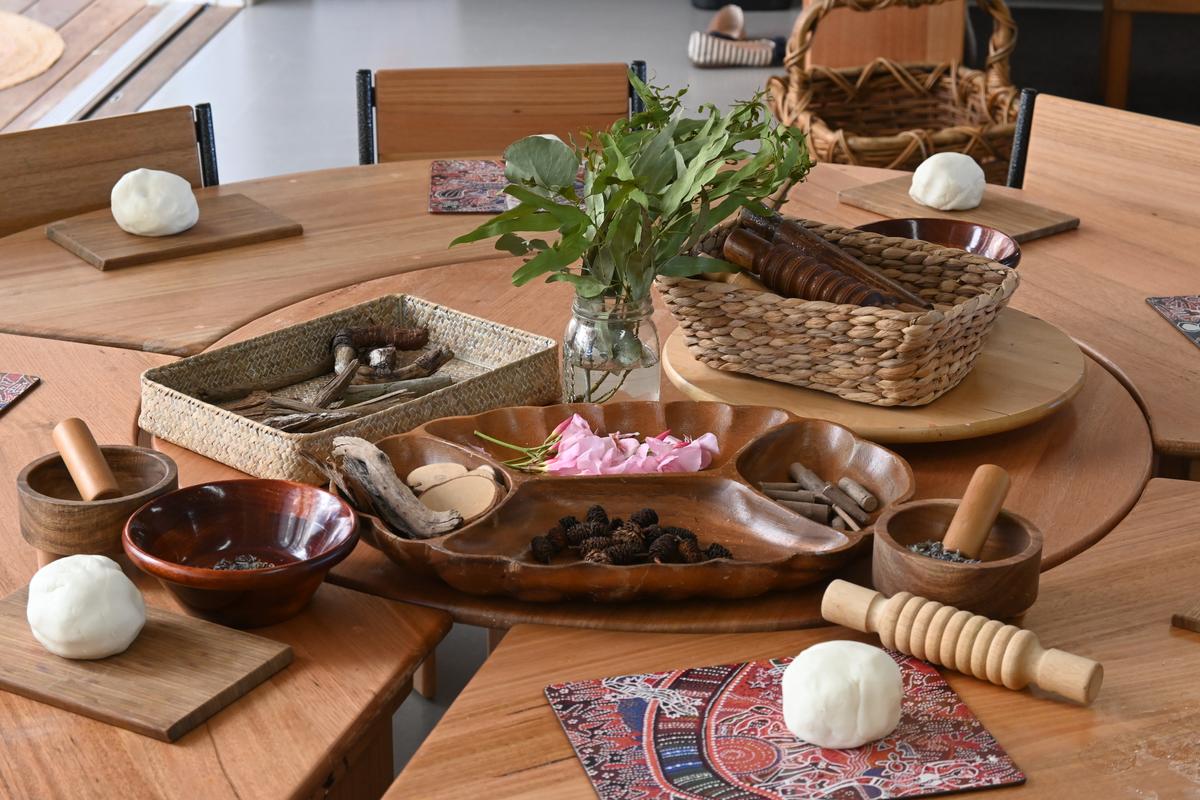Glen Education Bentleigh East

Curriculum Goals to Guide Learning
By Glen Bentleigh East Educational Team
This year, the Glen Education Bentleigh East Kindergarten team has worked collaboratively to critically reflect and set curriculum goals to support the children in their learning and development. Every time we plan, program, and reflect, we will refer back to these goals. Below are the goals we’ve set, along with examples of what these look like in practice:
For children to develop a strong identity and a positive, empowering sense of self.
This is demonstrated in many ways. A strong identity and sense of self relates to children growing confidence—whether it’s trying something new like initiating or joining in play, engaging in craft, or attempting physical challenges like climbing. Educators are observing where children feel confident and areas where they might need support. We encourage children to try new things and reassure them with phrases such as “You can do it!” “I believe in you!” or “I’m right here.” It’s truly powerful to hear a child say, “I did it all by myself!” The pride and self-esteem they develop from these moments are invaluable. These skills will serve children well as they grow into confident, capable adults. Families can support this development by sharing achievements and concerns with our team, celebrating your child’s milestones, and promoting independence at home—whether that’s encouraging children to dress themselves or pack their lunch.
For children to develop and establish their ability to know the significance of empowerment in respecting Aboriginal and Torres Strait Islanders.To understand their identities, knowing that the unique experiences of the first custodians of Australia are valued, respects and cared for. Children will actively engage in experiences and environments that develop this sense of appreciation and awareness.
We intentionally do this in a range of practical ways. We incorporate the 8 Aboriginal ways of learning and challenge ourselves to adjust our learning experiences. We sing our “Care for Country” song each morning, commit to caring for the land on which our kindergarten is located, and explore cultural concepts like the yarning circle and Dreamtime stories. We have a Bunjil tree where children reflect on the concept of caring for the land. By achieving this goal, we hope children will continue learning about Aboriginal and Torres Strait Islander cultures in the future, becoming responsible and informed adults. Families can contribute by having open discussions about these cultures and sharing what you know or wish to learn more about.
For children to develop social, emotional, and physical wellbeing.
This is a major area of focus when planning, programming and reflecting. We intentionally create small group experiences, grouping children with peers that could develop friendships. During these times we model appropriate and friendly interactions. We also use a range of intentional learning experiences for children to develop a greater social and emotional skills this can be in the form of puppet performances to explore social problems, a particularly set of books with social problems, zones of regulations, or practising a set of problem-solving tools. To support physical wellbeing, we provide intentional gross and fine motor experiences, rest areas, flexible meal times, and relaxation moments. These experiences teach children important life skills of problem-solving and regulation skills. Educators will share strategies with families to continue this learning at home. For physical wellbeing, it’s essential that children get enough sleep (at least 10 hours) and limit screen time to one hour per day. This helps them regulate their energy levels and prepares them for a successful day.
For children to develop an understanding of and take on an active role in sustainability.
We explore the following concepts with the children and ask that they share these responsibilities within our kindergarten:
- Recycling and waster reduction
- Water conservation
- Energy conservation
- Gardening and growing food (while being considerate of our families with the Jaine diet)
- Mindful consumption – Minimalism and sharing
- Reusing materials and using natural resources for play experiences
At the moment, we are exploring these concepts by reading Sophie Beer’s book “Change starts with us.” Children and families can use these strategies throughout their lives. This can lead to a more sustainable and healthy planet in the future. We may inspire some children to go on and develop vital sustainable solutions in the future. Families can continue these practices at home, mindful consumption would be particular beneficial to explore. By doing so, we are steering children away from the idea that they need “more” or “the most” of something. If you’re not already, maybe explore the idea of second-hand toys or clothes.
For children to develop skills to resource their own learning about the world, literacy, numeracy, STEM, and the universe.
Our approach encourages children to explore their interests, question the world around them, and develop critical thinking skills in areas like literacy, numeracy, and STEM. We will be listening to children’s curiosities and voices and critically reflect how we can interweave these concepts in an engaging and powerful way. They will be encouraged to ask questions, experiment, and problem-solve in a supportive, inquiry-based environment.
For children to develop the ability to build safe and secure relationships and find their belonging to their world. For the children to value and embrace individuality inclusion, diversity and cultural responsiveness.
Strong relationships with educators are key to developing a sense of identity and belonging. By embracing diversity and fostering inclusivity, we create a safe space where children can learn about themselves and others. Through learning more about one’s own and others cultures we can find both differences and similarities, which helps create stronger connections. Currently, we are exploring our cultural identities as we learn about Holi and Harmony Week.
We invite families to contribute to our programming wall near the lockers. There are paper leaves available where you can jot down ideas or feedback, and we can incorporate them into our program. You’re always welcome to speak with one of our educators (Grace, Kate, or Innesa) or email us with your thoughts.
We look forward to working together to create a strong foundation for our children’s future success.

